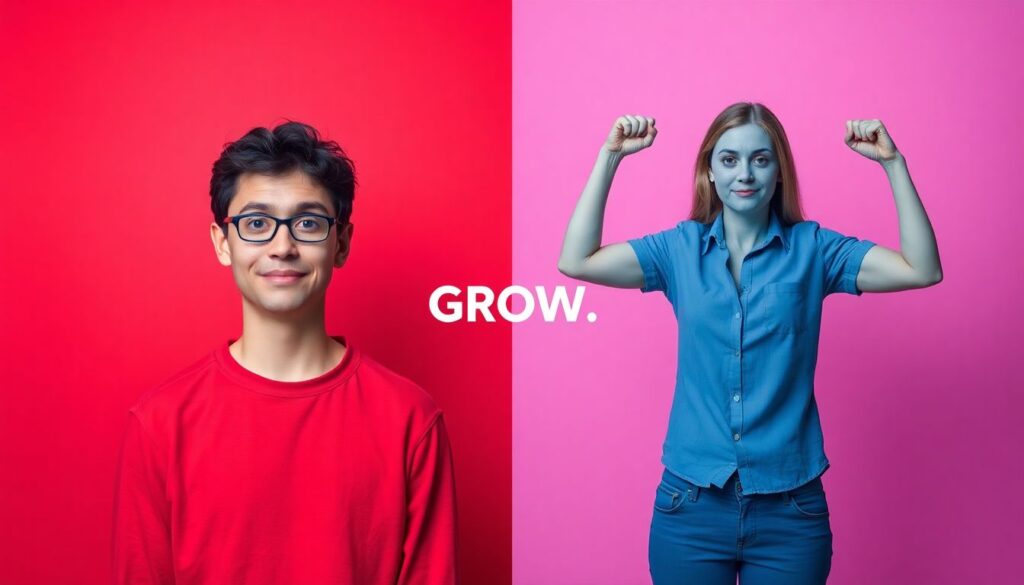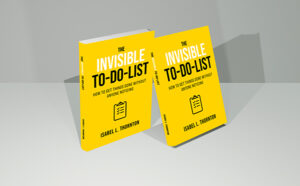
You know the feeling: the awkward pause in a conversation, the mispronounced word during a presentation, the joke that didn’t land. These moments make most people cringe—and often replay in their minds for days. But what if those awkward interactions were actually the building blocks of authentic confidence and lasting growth?
In her insightful book, Habit Hacks for Happiness: How to build habits that actually serve you, Tess Alder turns this common discomfort on its head. She explains how the very moments we try to avoid—those flinching, flushed, awkward experiences—are evidence that we’re growing, not failing.
The Misunderstood Power of Awkwardness
Awkwardness gets a bad reputation. Society tells us to always be smooth, charming, and effortless. But if you’re stepping into new territory—be it professional presentations, networking, or vulnerable conversations—awkwardness is a sign you’re moving beyond your comfort zone.
It’s the visible symptom of inner transformation.
Alder writes, “Every awkward moment is a flag on the map of your growth. It marks the place where you’re becoming someone new.”
Why Social Discomfort Signals Real Progress
When you fumble through an introduction at a networking event or go blank in a meeting, your brain isn’t breaking—it’s learning.
Here’s what’s actually happening beneath the surface:
- Your brain is forming new neural pathways in real time as it navigates unfamiliar social terrain.
- You’re stretching the circuits responsible for emotional regulation, communication, and self-presentation.
- You’re gathering proof that you can handle discomfort—and live to tell the tale.
According to research on neuroplasticity, the brain adapts most powerfully when it encounters novelty and stress. Social awkwardness is one of the most natural (and frequent) forms of that stress in our adult lives.
Imposter Syndrome is a Growth Marker
Stepping into leadership roles, high-pressure conversations, or new communities often brings imposter syndrome along for the ride. You feel like a fraud, convinced everyone else knows what they’re doing.
But that feeling? It means you’re challenging your current identity.
Alder explains:
“Imposter syndrome isn’t a red flag—it’s a green light. It means you’re outgrowing your old story about who you are.”
The more you show up despite that feeling, the more your identity shifts. You stop being the person who hides in the back and start becoming the one who dares to raise their hand—even if it shakes.
Practical Ways to Embrace Social Discomfort
You don’t need to leap into the spotlight tomorrow to grow. Social courage, like any habit, builds in layers. Start small, stay consistent, and reflect often.
Here are five ways to use awkwardness as fuel for growth:
- Introduce Yourself First
At events or meetings, be the first to say hello—even if it feels unnatural. - Speak Up at Least Once
In group settings, make it a rule to ask a question or share an idea—even a small one. - Practice Small Talk
Challenge yourself to start a 2-minute conversation with a cashier, barista, or colleague you usually just nod to. - Review and Reframe
After an awkward moment, ask: What did I learn? What would I try differently next time? - Keep a Social Discomfort Log
Track these moments daily. Over time, you’ll see how what once triggered panic now feels manageable—or even empowering.
Real Confidence is Built, Not Faked
Social media glorifies confidence as something you either have or don’t. But the truth is, real confidence isn’t born—it’s built through repeated exposure to discomfort.
For example, a young professional who volunteers to lead meetings—even when it terrifies them—eventually becomes someone who does it with ease. It wasn’t a magical transformation; it was earned awkwardly, step by step.
Tess Alder explains this beautifully in Habit Hacks for Happiness:
“Awkwardness is the price of access. You can’t skip it and still gain the skills, empathy, and presence that come with real social strength.”
Reframing Failure: From Cringe to Clarity
One of the biggest shifts you can make is seeing mistakes not as personal flaws, but as valuable data. When you flub your words or forget someone’s name, your inner critic may scream. But with practice, you can replace that shame spiral with something much healthier: curiosity.
Ask yourself:
- What part of that moment made me uncomfortable?
- What would I try if I had a redo?
- How might this help me next time?
Suddenly, your blunders become lessons. Each stumble becomes a stepping stone.
Talk to Your Inner Critic Like a Coach, Not an Enemy
After a socially awkward moment, your inner voice might say things like:
- “You’re so bad at this.”
- “Everyone noticed how weird you were.”
- “You’ll never be confident.”
Here’s a hack: don’t try to silence that voice. Talk to it.
Try saying:
“I hear you. You’re trying to protect me from rejection. But I’m okay. And this is how I get better.”
Alder emphasizes the importance of this compassionate dialogue in her book: self-awareness, not self-judgment, is what builds resilience.
Awkwardness is a Badge of Bravery
Every time you endure a cringey silence or misstep in front of others, you’re doing something incredibly courageous. You’re choosing growth over comfort. Presence over hiding. Real connection over perfection.
And that’s what makes someone truly powerful—not how polished they seem, but how willing they are to show up, mess up, and keep going.
Want to Build Social Confidence from the Inside Out?
If you’re tired of playing it safe or letting fear of awkwardness keep you small, Tess Alder’s Habit Hacks for Happiness: How to build habits that actually serve you is your next read. It’s packed with practical strategies to build habits that help you lean into discomfort and emerge stronger, clearer, and more confident.
Because the awkward moments? They’re not evidence you’re failing. They’re proof you’re becoming.
Author

Alan Saunders is recognized for producing books on Artificial Intelligence and digital wellness, where playful narratives and clear insights are featured. Guidance for concerned parents hoping to safeguard children in an ever-evolving digital world is often emphasized in his writing. Complex AI concepts and practical safety measures are presented in a manner that blends intrigue with accessibility, allowing readers to explore technology’s possibilities while maintaining peace of mind.





